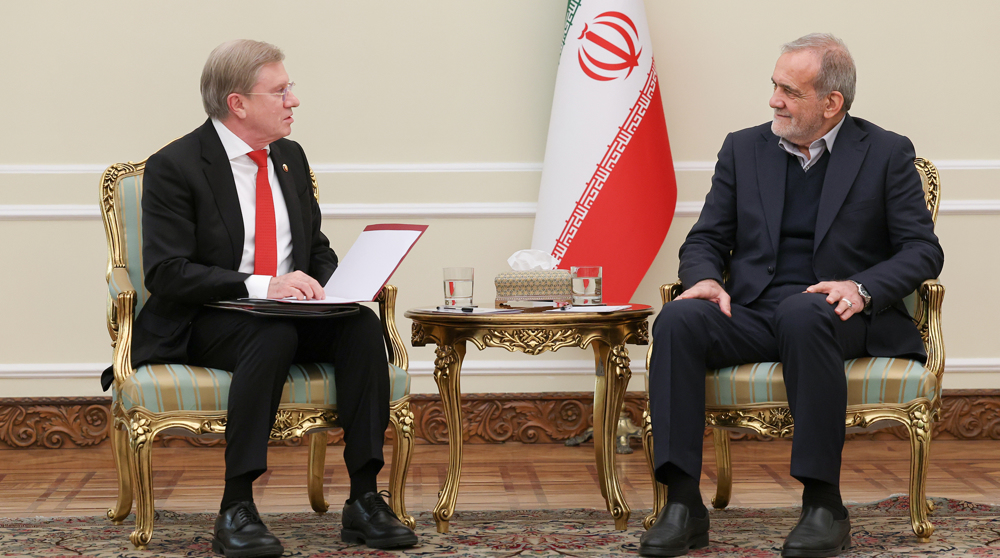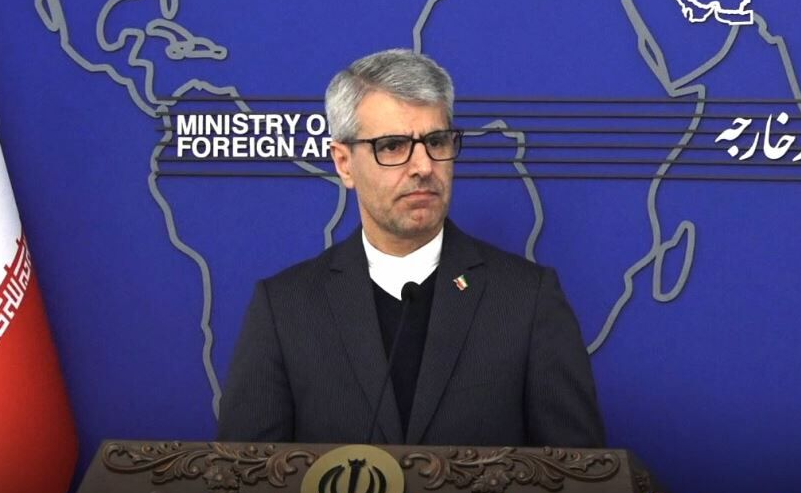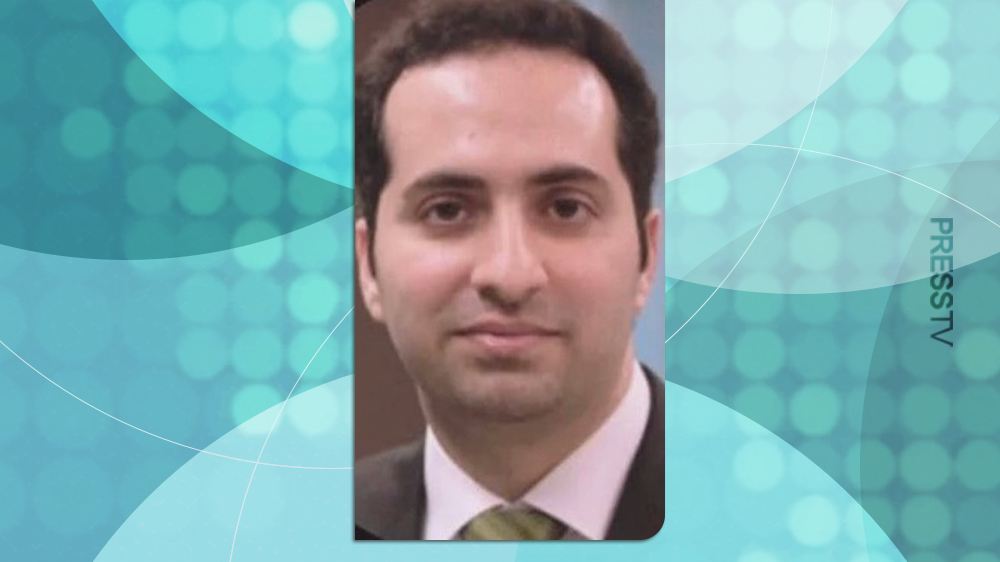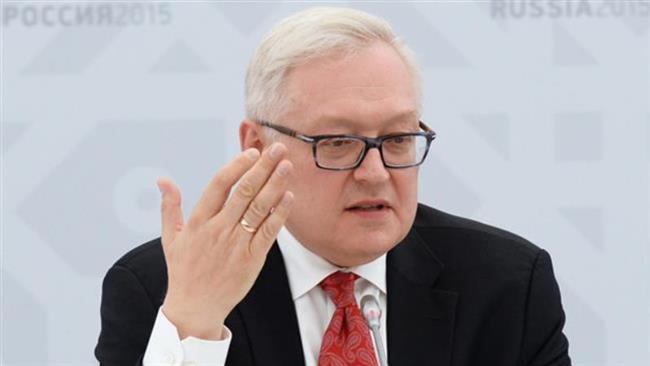Iran deal incorporated almost none of US demands: Foreign Minister Zarif
Iran’s foreign minister says the United States could push through almost none of its demands regarding the Iranian nuclear program in a deal that the US negotiated along with five other countries with the Islamic Republic in 2015.
In remarks made in an interview with Iranian daily Ettela’at and published on Tuesday, Foreign Minister Mohammad Javad Zarif enumerated a series of demands that the US attempted but failed to impose on Iran as part of the nuclear deal.
“America wanted Iran not to have even one centrifuge... When it did agree to centrifuges, it wanted to oppose our research and development [program]; [then] the Americans were saying until the last day of the talks that we only do research and development work on lower-model centrifuges such as the IR-1,” he said, explaining that Iran is now using IR-8 models.
Zarif then referred to US President Donald Trump’s hostile attitude toward the Iran deal and called attention to the fact that the agreement is multilateral.
Trump has been speaking against the deal since before he was elected US president in November last year. While he has not moved to turn his threats of scrapping the deal into action, speculation continues that he may.
The nuclear accord, called the Joint Comprehensive Plan of Action (JCPOA), was reached between Iran on the one side, and the US — under its former administration — the UK, France, Germany, China, and Russia on the other in July 2015. Barring the Trump administration, the governments of all of those countries have stressed the importance of remaining committed to the deal.
Wanting it all, but not getting it
Zarif said he believed Trump may attempt to renegotiate the deal, saying, however, that it was “obvious that neither Iran nor the Europeans would agree to renegotiate. Neither will the international community.”
Read more:
- Iran has 'total disregard' for US, Trump says
- Trump to Iran: 'Nothing is off the table'
- Trump: Iran 'put on notice' over missile test
In a Fox News interview on Sunday, Trump called the JCPOA “the worst deal I’ve ever seen negotiated.”
Zarif referred to that remark and said, “Let me explain why that remark was made. The Americans have not gotten used to settling for anything less than the majority of their demands in their international relations.”
He also said the US regards the imposition of economic sanctions as leverage. “Even though they have failed a great many times, they [still] try to use that leverage.”
Trump’s administration has imposed bans on the bank transfers of a number of Iranian individuals and organizations following a recent missile test. Iran says the tests are defensive and have nothing to do with Iran’s commitments under the nuclear deal.
Post-9/11 radicalism
Elsewhere in his remarks, the Iranian foreign minister warned against the repeat under Trump’s administration of the radical behavior that Washington practiced after the September 11, 2001 terrorist attacks in the US.
He said certain actors within the US used the terrorist attacks as a pretext for their political agenda. The realities that they created, he said, have been the most costly for the US itself.
“If Mr. Trump tries to enact the same radicalism, the Americans themselves will have to pay the highest cost,” the top Iranian diplomat said.
He said, however, that trying to reverse those costly policies is not going to be free of cost itself.
VIDEO | Yemeni forces repel US-British attack, down F-18 Jet
Iran’s capabilities vast; enemy’s ‘maximum pressure’ policies all failed miserably: Senior official
Iran’s economy grew 2.7% y/y in Sep quarter: CBI
VIDEO | Freelancers in Gaza strive to stay online amid genocide
Mikati demands Israel's withdrawal from south Lebanon
Yemeni army strikes Israeli military sites with drones
‘Clock ticking’: UNRWA slams unjustifiable killing of children in Gaza
BP to be sued in Britain for supplying oil to Israel













 This makes it easy to access the Press TV website
This makes it easy to access the Press TV website